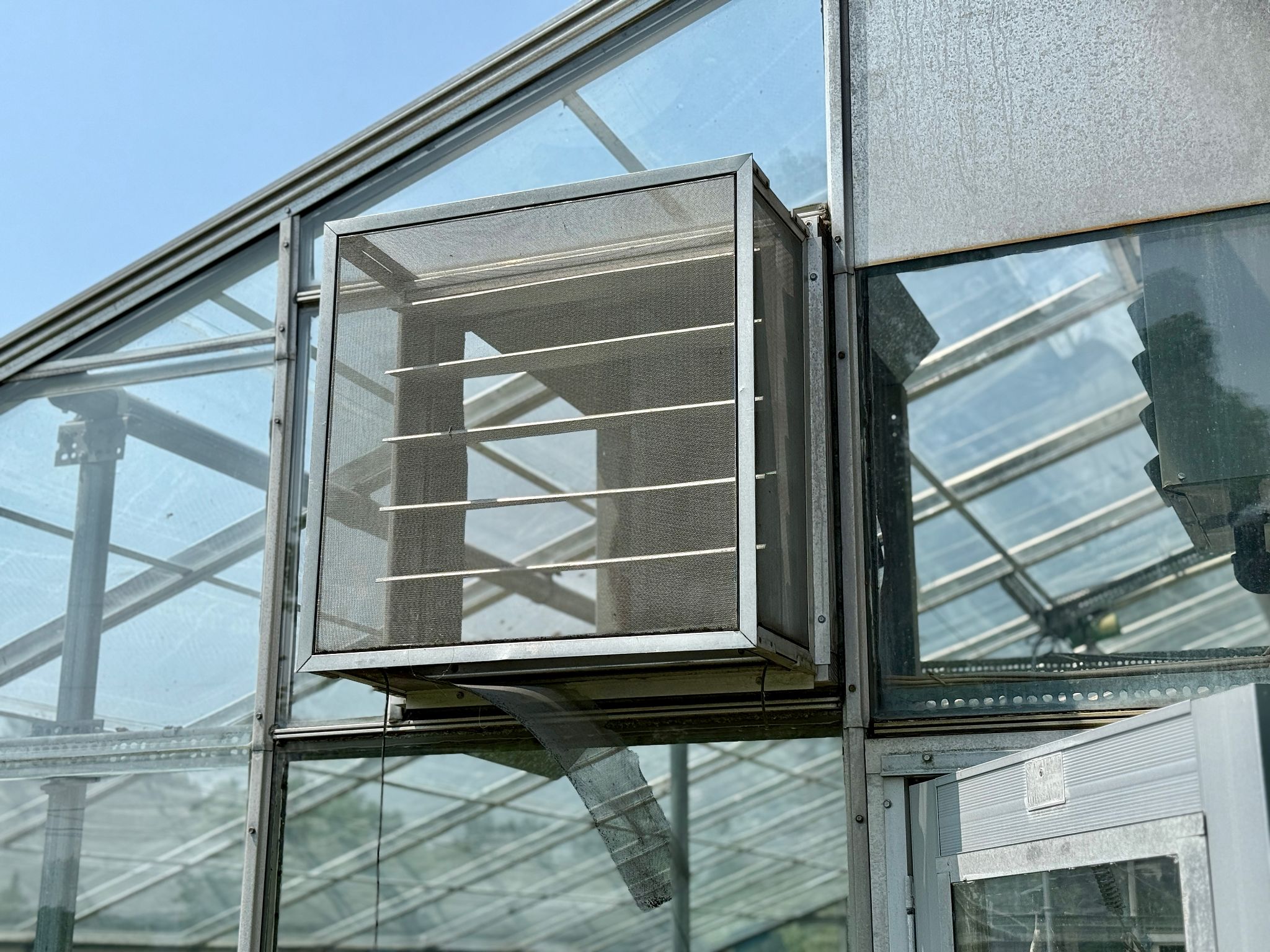Maximizing Yield: Expert Tips for Greenhouse Farming in Ghana
Understanding the Climate
Greenhouse farming in Ghana offers a unique opportunity to maximize crop yield by creating an optimal growing environment. Ghana's climate is characterized by a tropical climate with both wet and dry seasons, which can pose challenges for traditional farming. However, greenhouses allow farmers to control temperature, humidity, and light, providing plants with the consistent conditions they need to thrive.
It's essential to monitor and adjust these variables regularly. Investing in good quality thermometers, hygrometers, and even automated systems can help maintain the right balance inside the greenhouse. By understanding the local climate and adapting it within the greenhouse, farmers can achieve higher productivity.

Choosing the Right Crops
Selecting the appropriate crops for greenhouse farming is crucial for maximizing yield. In Ghana, crops such as tomatoes, peppers, cucumbers, and lettuce are popular choices due to their high demand and adaptability to controlled environments. These crops not only grow well in greenhouses but also fetch good prices in the market.
Before deciding on which crops to grow, consider factors such as market demand, growing season, and potential profitability. Performing a market analysis can provide insights into which crops will yield the best return on investment.
Implementing Efficient Irrigation Systems
Water management is a critical aspect of greenhouse farming. Efficient irrigation systems like drip irrigation can significantly reduce water usage while ensuring that plants receive the necessary hydration. This method delivers water directly to the roots, minimizing waste and promoting healthy growth.
Incorporating rainwater harvesting systems can further enhance sustainability. By capturing and utilizing rainwater, farmers can reduce their dependency on external water sources and lower operational costs in the long run.

Soil Management and Fertilization
The quality of soil used in greenhouse farming can greatly impact yield. Using a soil mix that is rich in nutrients and has good drainage properties is essential. Regularly testing the soil for nutrient deficiencies will also help maintain its fertility.
Fertilization should be tailored to the specific needs of the crops being grown. Organic fertilizers are recommended for their environmental benefits and ability to improve soil structure. Implementing a fertilization schedule based on crop requirements will ensure optimal growth and yield.
Pest and Disease Control
Pests and diseases can quickly spread within the confined space of a greenhouse. Implementing integrated pest management (IPM) strategies can help mitigate these risks. This approach combines biological, cultural, and mechanical methods to control pest populations without relying heavily on chemical pesticides.

Regular monitoring and early detection are critical. Introducing beneficial insects like ladybugs or using natural repellents can effectively manage pest issues while maintaining a healthy environment for plants.
Utilizing Technology
Advancements in technology offer numerous tools that can enhance greenhouse farming operations. Automated climate control systems, for instance, allow precise regulation of temperature and humidity levels, reducing the manual workload for farmers.
- Sensors for real-time monitoring of environmental conditions
- Automated irrigation systems for efficient water usage
- Data analytics for informed decision-making
By leveraging these technologies, farmers can optimize their operations, reduce labor costs, and increase overall productivity.
Continuous Learning and Adaptation
The agricultural industry is constantly evolving with new techniques and practices. Farmers should stay informed about the latest developments in greenhouse farming through workshops, seminars, and online resources.
Networking with other greenhouse farmers in Ghana can also provide valuable insights and shared experiences. By continuously learning and adapting to new methods, farmers can remain competitive and maximize their yields effectively.

Conclusion
Greenhouse farming in Ghana presents a promising avenue for maximizing agricultural yields. By carefully managing climate conditions, selecting suitable crops, implementing efficient irrigation systems, and staying informed about new technologies and techniques, farmers can significantly enhance their productivity.
With thoughtful planning and execution, greenhouse farming can be a sustainable and profitable venture that contributes positively to Ghana's agricultural sector.
